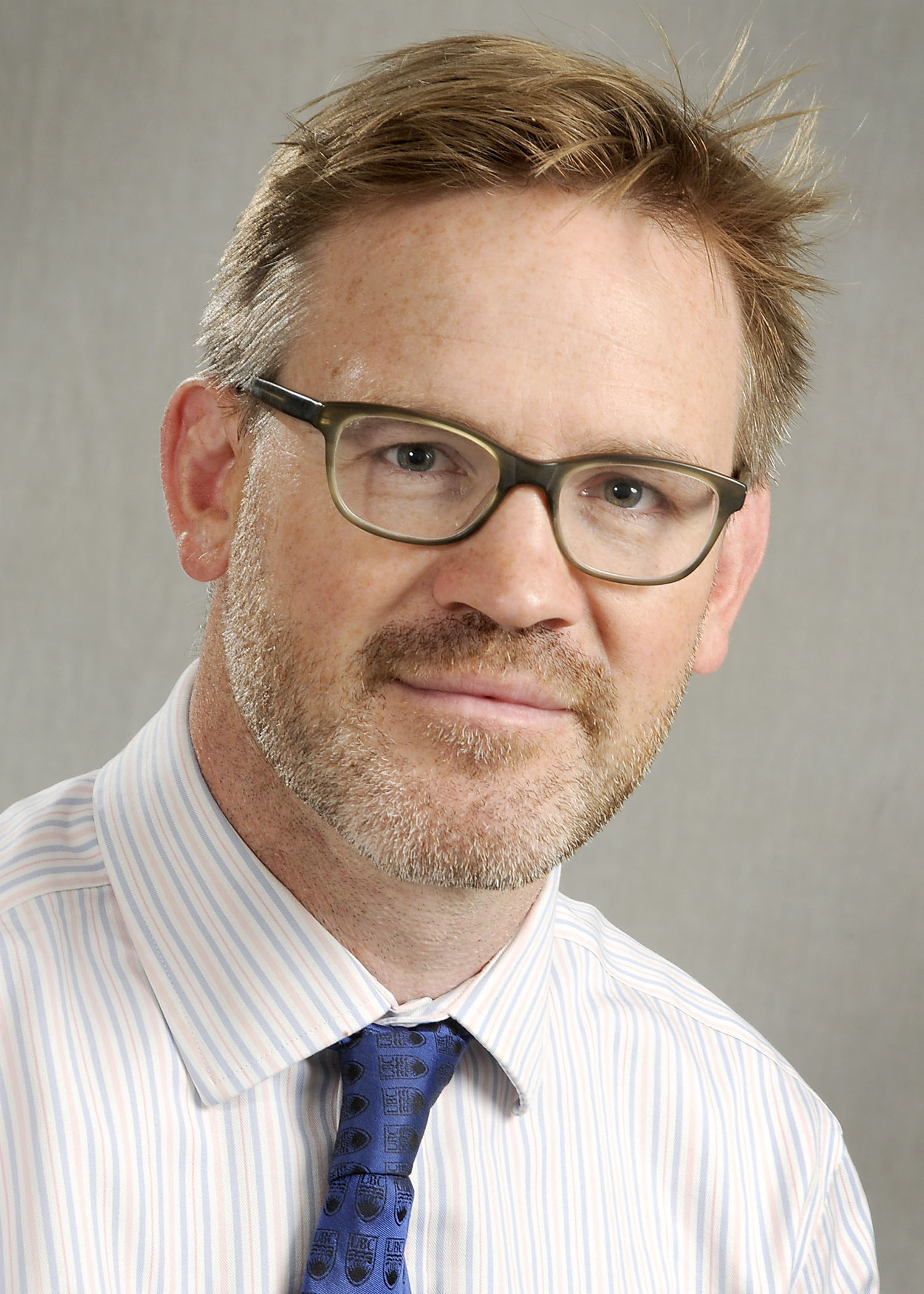Orthopaedic surgeons warn lack of baby hip screening 'costing NHS millions'
More than £6 million was paid out to patients over a 10-year period between 2004 and 2017 for missed or delayed diagnoses of developmental dysplasia of the hip (DDH) – double the amount paid out from 1995 to 2006.
In March, doctors at Southampton Children's Hospital published research which found the incidence of late-diagnosed DDH remains similar to the figure recorded 35 years ago prior to the introduction of the national selective screening programme.
Currently, babies receive an ultrasound selectively if potential DDH is found on physical examinations around the time of birth or at six weeks, or if the infant has specific risk factors.
If detected early in infancy, the problem can be treated by a removable splint worn for two to three months to stabilise the position of the hips and help them develop normally, with 95% success rates.
However, if diagnosed after three months, it is associated with an increased number of invasive operations, longer hospital stays, greater healthcare costs and long-term complications.
These children all need surgery to get the hip into joint and reduce the chance of arthritis in young adulthood, as opposed to being treated in a splint if detected earlier – taking the cost from around £600 per child to £4,350.
“Despite the introduction of selective screening introduced in England in 1986 as part of the Newborn and Infant Physical Examination (NIPE) programme, detection in children over one year of age remains a persistent reason for referral to paediatric orthopaedic units,” said Alexander Aarvold, consultant paediatric orthopaedic surgeon at Southampton Children’s Hospital.
“This approach, while successfully picking up and treating many infant hip issues, appears to have failed some children. As a result, DDH remains a significant public health issue and uncontrolled disability which is not only harming patients but also costing the NHS millions in negligence and surgical costs.”
In countries such as Austria and Germany which undertake universal screening by performing an ultrasound scan of the hips of all newborns, the incidence of late-diagnosed DDH is low, with little requirement for surgery and fewer hospital admissions.
However, in response to the research into the prevalence of late-diagnosed DDH across the country, Public Health England said a universal scan “can cause more harm” and “lead to 20 times more babies being unnecessarily treated compared to the UK programme”.
Professor Nicholas Clarke, co-founder of the International Hip Dysplasia Institute and part of the Southampton research team, said: “We really have seen a poor defence of the selective screening programme from Public Health England in light of the failure of the programme to reduce the incidence of late-diagnosed DDH.
“When you combine the health implications with the millions being paid out in compensation and the costs of corrective surgery, such a flagrant dismissal of the consequences by PHE is frankly ambivalent and it needs to be addressed as a matter of urgency.”
